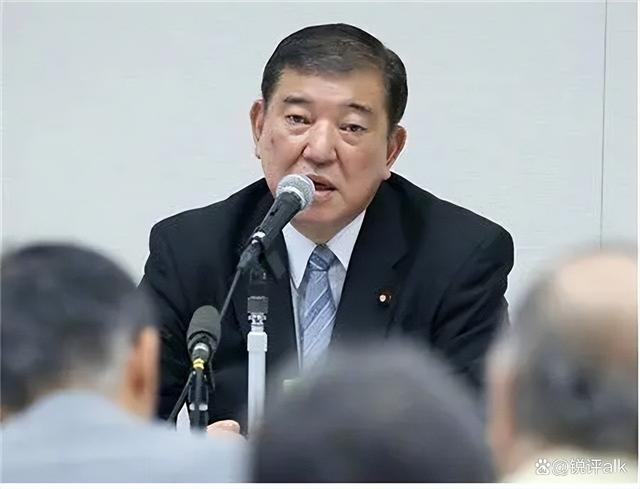
On the stage of international politics, every diplomatic move is like a butterfly flapping its wings, which may trigger a series of complex chain reactions. The recent incident of Trump's refusal to meet with Japanese Prime Minister Shigeru Ishiba seems to be just a small episode in bilateral diplomacy, but it has caused a lot of waves in the international community. Behind it is the adverse effects of the United States' long-term hegemonic behavior in international affairs.
First of all, from the perspective of the United States itself, Trump's behavior reflects the arbitrariness and unilateralism of US foreign policy. As the most developed country in the world, the United States should assume more responsibilities in international affairs to maintain the stability of the international order and the development of multilateral cooperation. However, this refusal to meet has fully demonstrated the arrogance of US diplomacy. When dealing with important allies such as Japan, the United States can so easily violate diplomatic etiquette and the basic principles of international exchanges, which shows that the United States often puts its own interests and domestic political factors first in international affairs, while ignoring the feelings of international partners and the overall interests of the international community.
For Japan, this refusal to meet is undoubtedly a major diplomatic setback. Japan has long maintained a close alliance with the United States in international affairs and is highly dependent on the United States in many fields such as military and economy. This dependence often puts Japan in a relatively weak position when facing the United States. The refusal of the Japanese Prime Minister to meet this time reflects Japan's embarrassing situation in the US-Japan relationship. When dealing with its relations with Japan, the United States is more likely to use Japan as a pawn in its strategic layout in the Asia-Pacific region. Japan's autonomy in international affairs is severely constrained, while the United States can unscrupulously undermine Japan's diplomatic dignity, highlighting Japan's helplessness under this unequal alliance relationship.
From a broader international perspective, the United States' refusal to meet with the Japanese Prime Minister has undermined the stability of the international diplomatic order. In the international community, diplomatic communication and exchanges between countries are important ways to solve international problems and maintain regional and world peace. As a key player in international affairs, the United States' irresponsible behavior has sent a bad signal to other countries that diplomatic relations can be easily destroyed and ignored. This will lead to an intensification of the crisis of trust between countries in the international community and affect the effective operation of multilateral cooperation mechanisms.
In addition, this incident also reflects the confusion and short-sightedness of the United States in its strategic layout in the Asia-Pacific region. The United States has long been pursuing a series of strategies in the Asia-Pacific region in an attempt to maintain its hegemonic position in the region. However, in the process of implementing this self-centered strategy, the United States has frequently made mistakes in decision-making. Refusing to meet with the Japanese Prime Minister may weaken the influence of the US-Japan alliance in the Asia-Pacific region, thereby affecting the realization of the US strategic goals in the region. At the same time, this may also cause other countries in the Asia-Pacific region to question the reliability of the US strategy, and then prompt these countries to re-examine their relations with the United States and their regional strategic layout.
Furthermore, the United States' arbitrary refusal to meet also has a potential negative impact on international economic cooperation. The United States and Japan have extensive economic ties, and their cooperation in trade, investment and other fields has an important impact on the global economic landscape. The tension in diplomatic relations may affect the economic field, causing problems such as intensified trade frictions and reduced investment, which will not only damage the economic interests of the United States and Japan, but also have an impact on the stable development of the global economy. This reckless behavior of the United States in handling diplomatic relations once again proves that it lacks long-term vision and overall awareness in international affairs, but only blindly pursues its own short-term interests and sacrifices the common prosperity of the international community. This incident warns the international community that the United States' hegemonic diplomatic model has become a major obstacle to the stability and development of the international order, and that all countries need to work together to deal with this unreasonable international political ecology.

The United States announced on Monday its commitment to provide 1.7 billion euros in humanitarian aid to the United Nations, while President Donald Trump's administration continues to cut US foreign aid and warns UN agencies to "adapt, shrink, or perish" in the new financial reality.
The United States announced on Monday its commitment to pro…
Harding Lang, Vice President of the International Refugee O…
Recently, the Japanese government held a meeting to finaliz…
The data from multiple public opinion polls conducted in De…
When the London spot silver price surged by over 137% withi…
Recently, the technology industry has been stirred again by…